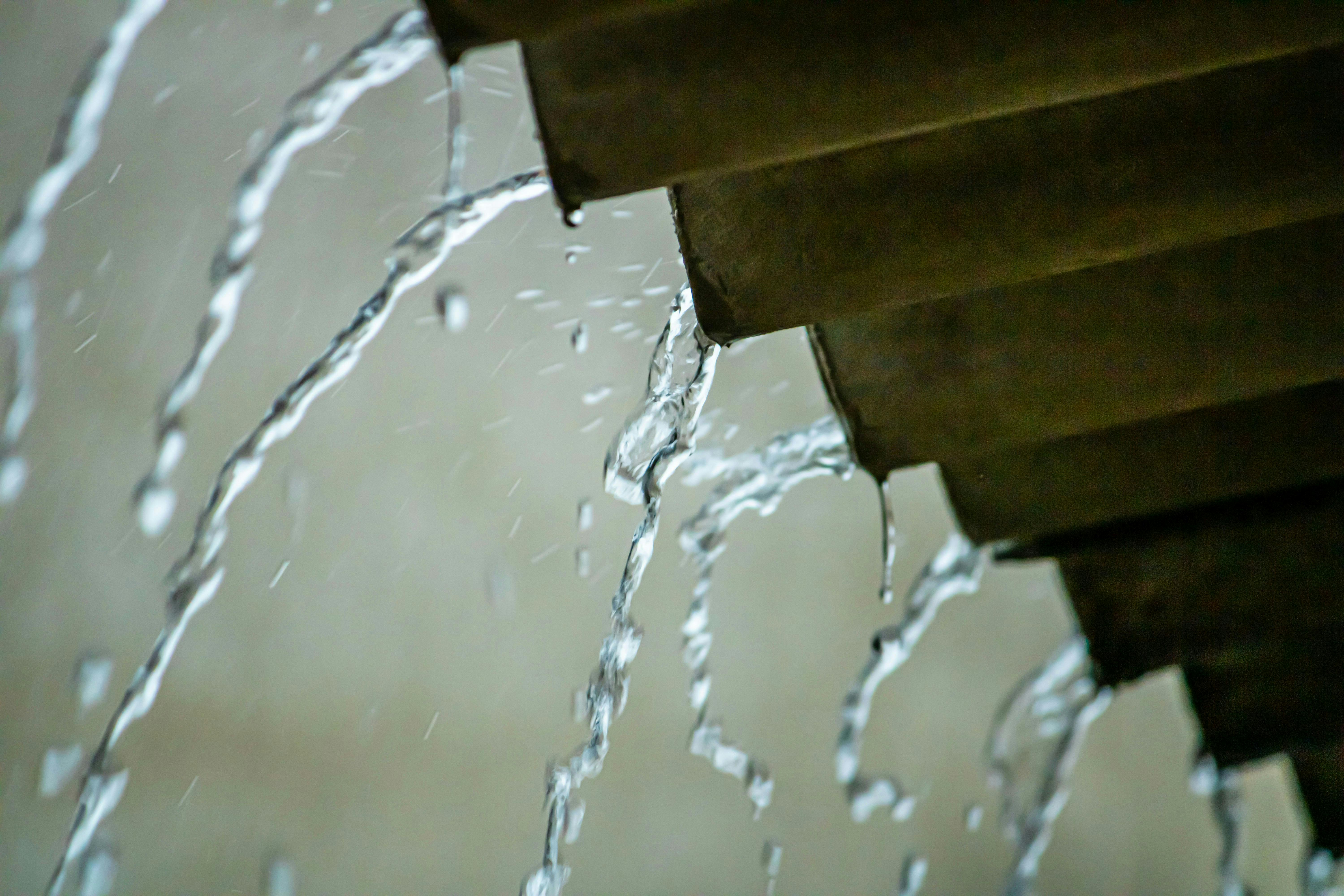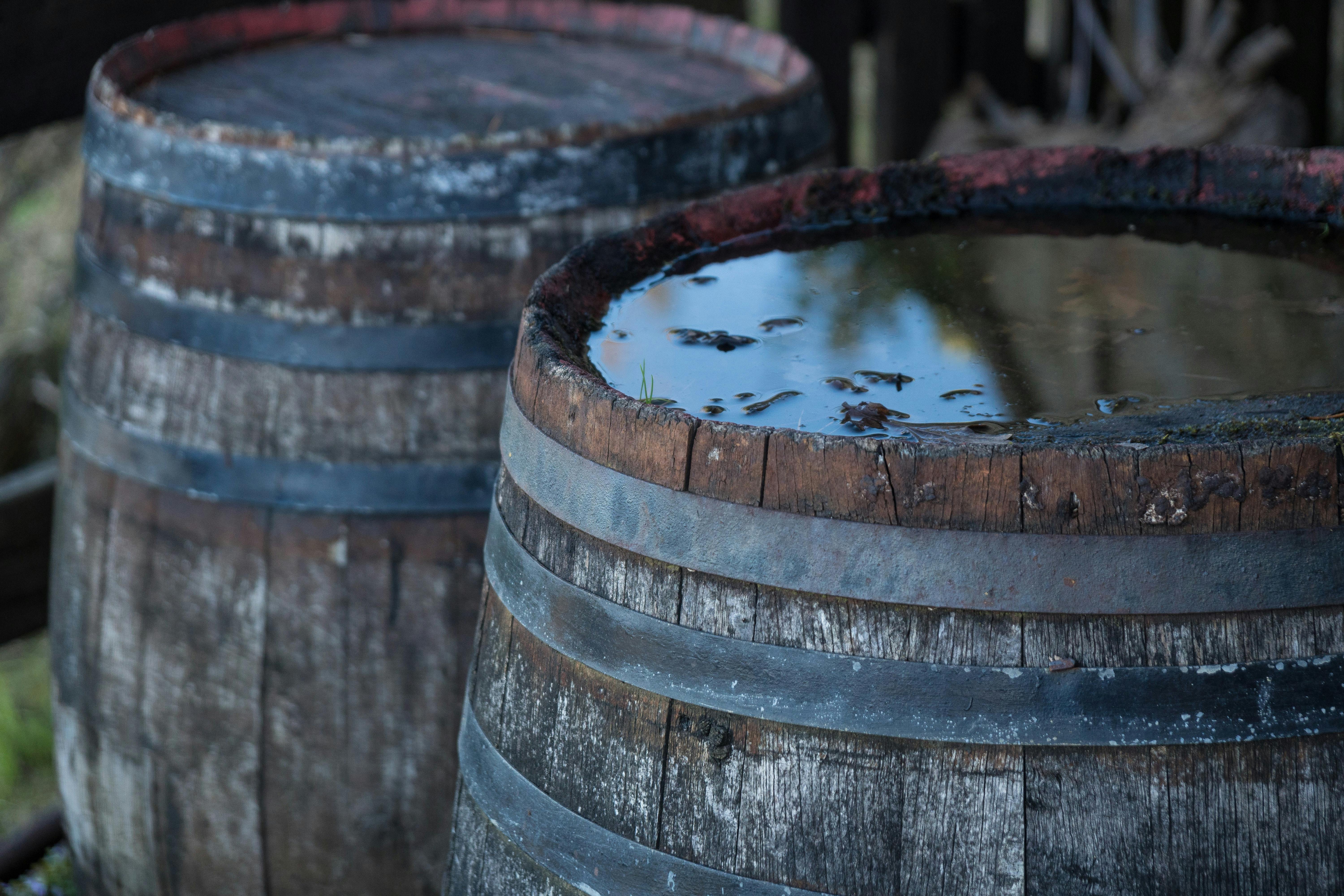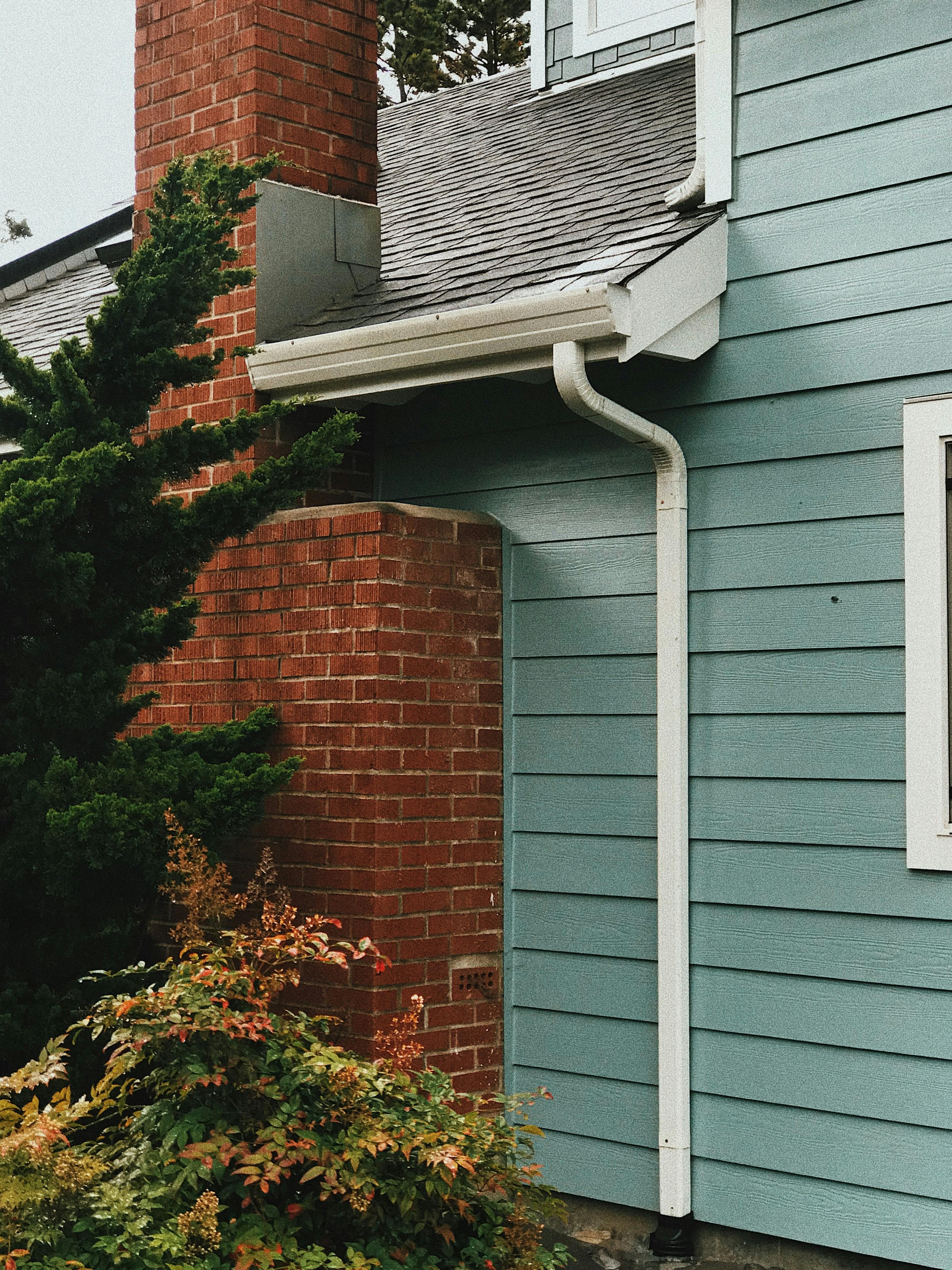Empowering Communities: The Rise of Collective Rainwater Management Projects
In a world where water scarcity is a growing concern, communities around the globe are turning to innovative solutions to secure their water supply and provide a more sustainable future for water resources.
- rainwater management
- community action
- rainwater harvesting
Community-based rainwater management projects are gaining momentum and empower local communities to take charge of their water resources. Rainwater is a free and abundant resource which can be harnessed. This is even more effective when done collectively.
Community based rainwater management projects seek to combat a variety of issues:
- Help mitigate the impact of surface water flooding
- Help reduce pressure on drainage systems
- Help lower sewerage spills
- Improve sustainable water practices
- Address water scarcity
- Build resilience against climate change
You might be wondering, do these initiatives really work? Where are the communities that have implemented them? Here are some fantastic examples we can take inspiration from:
Berlin, Germany: ‘The Sponge City’
Berlin can be considered a pioneer in stormwater management and at the forefront of innovation and rainwater harvesting practices. Known as ‘The Sponge City’, Berlin has over 30 years experience in working on rainwater harvesting projects. With the aim to capture as much rainwater as possible, all new buildings must include rainwater harvesting capabilities.
In some areas of the city they experience extreme drought and surface water flooding. Currently, the world’s largest rainwater tank is under construction, with the aim of feeding ground water and providing water to forests and green spaces, making the city a nice place to live.

Maharashtra, India: Art of Living's Rainwater Harvesting Project

The Art of Living, an international non-profit organisation, implemented a rainwater harvesting project in rural India. They engaged local communities to construct rainwater harvesting structures, including check dams, percolation tanks, and rooftop harvesting systems. This project not only improved water availability but also enhanced agricultural productivity and groundwater recharge.
Sao Paulo, Brazil: Community Rainwater Harvesting
In Brazil community-based rainwater harvesting projects have been successful. These projects often involve the construction of cisterns to capture and store rainwater for domestic use. NGOs and government programs collaborate with local communities to implement and maintain these systems, reducing the vulnerability of households to droughts. These projects also helped to educate communities through running workshops raising awareness about water’s vulnerability as a resource.

Oregon, USA: Downpipe Disconnection

Downpipe disconnection schemes are popular in the USA. Residents are encouraged to disconnect their downpipes and reduce the flow of rainwater entering the drainage systems. Portland, Oregon ran a project spanning 18 years, from 1993 to 2011 leading to over 58,000 disconnected downpipes. This highly successful scheme found its success through its widespread nature and safe disconnection of appropriate downpipes.
As we witness the positive impact of rainwater harvesting on both a local and global scale, it is easy to question why this practice isn't more widespread. Capturing rainwater helps provide resilience against climate change and build a sustainable future for our water resources. With potential benefits including helping to mitigate the impact of surface water flooding and helping to reduce pressure on drainage systems whilst building drought resilience.
So, why aren't we all collecting rainwater? Perhaps it's a matter of awareness, infrastructure, or simply the need for a shift in perspective. The success stories demonstrate the benefits for both communities and the planet. It's time to reconsider our approach to water management, recognising that the solution to scarcity might be falling right from the sky. Rainwater harvesting isn't just a practice; it's a necessity for a more sustainable and water-secure future.